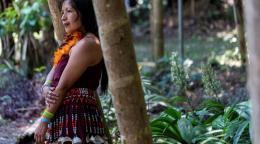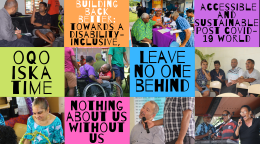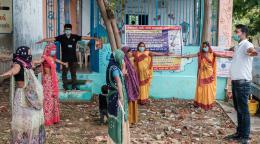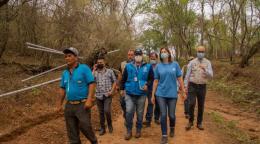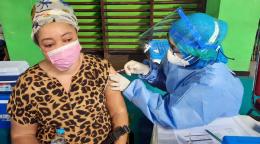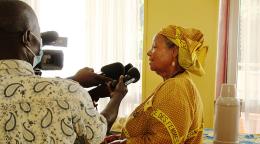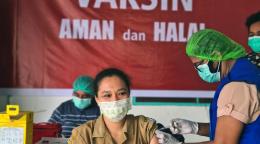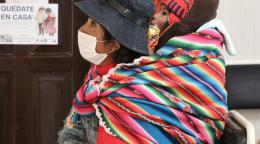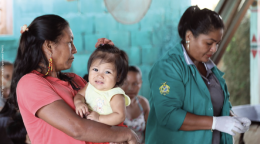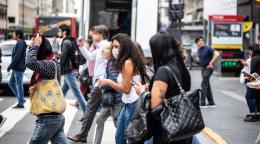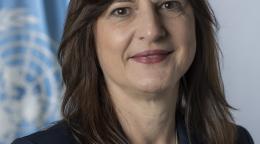Bolivia
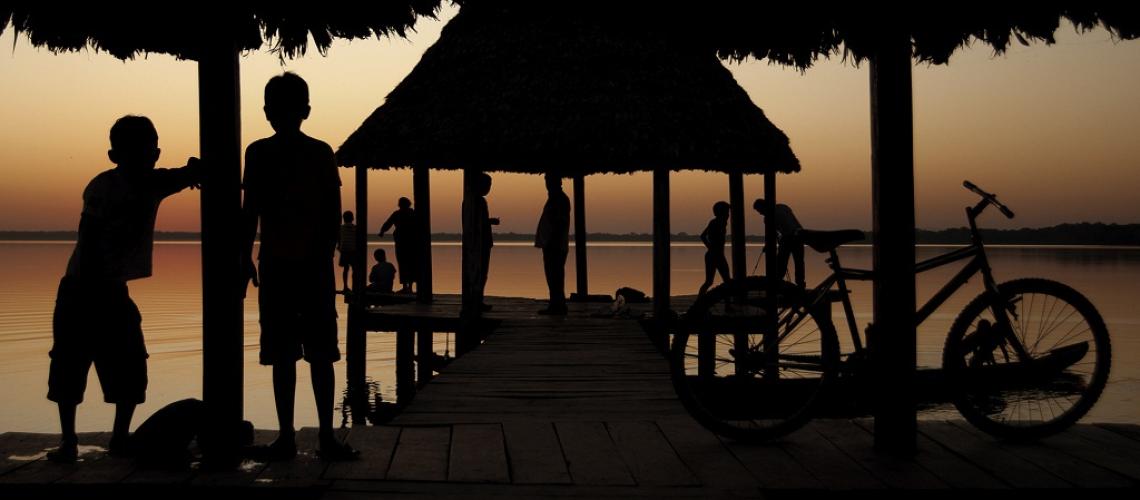
Photo: © "Viaje a Bolivia" sponsored by UN Bolivia and Página Siete newspaper
UN Bolivia Country Team
Resident Coordinator Office
1 / 2
1 / 3
UN Entities in Bolivia
1 / 22
UN Key Documents
UNDAF/United Nations Sustainable Development Cooperation Framework (CP)
UNDAF / CF START DATE
01 January 2023
UNDAF / CF END DATE
31 December 2023
START OF NEW CF CYCLE
01 January 2024
1 / 9
Latest news and updates
1 / 12














